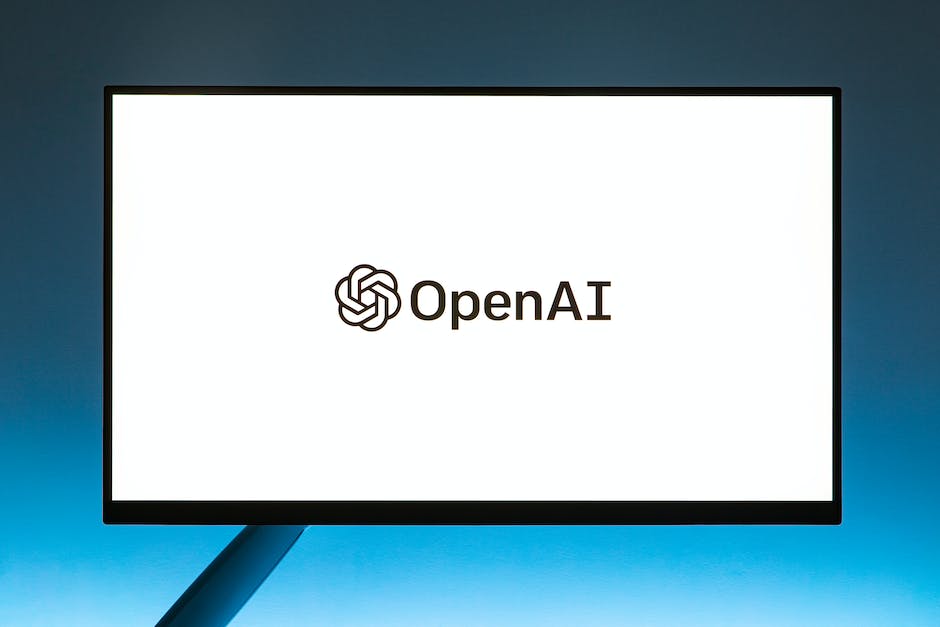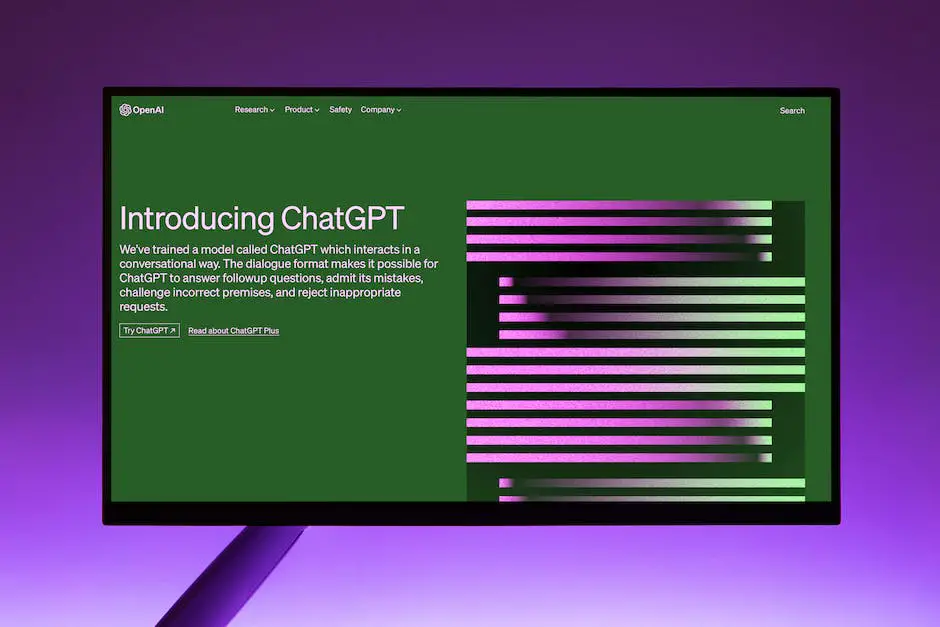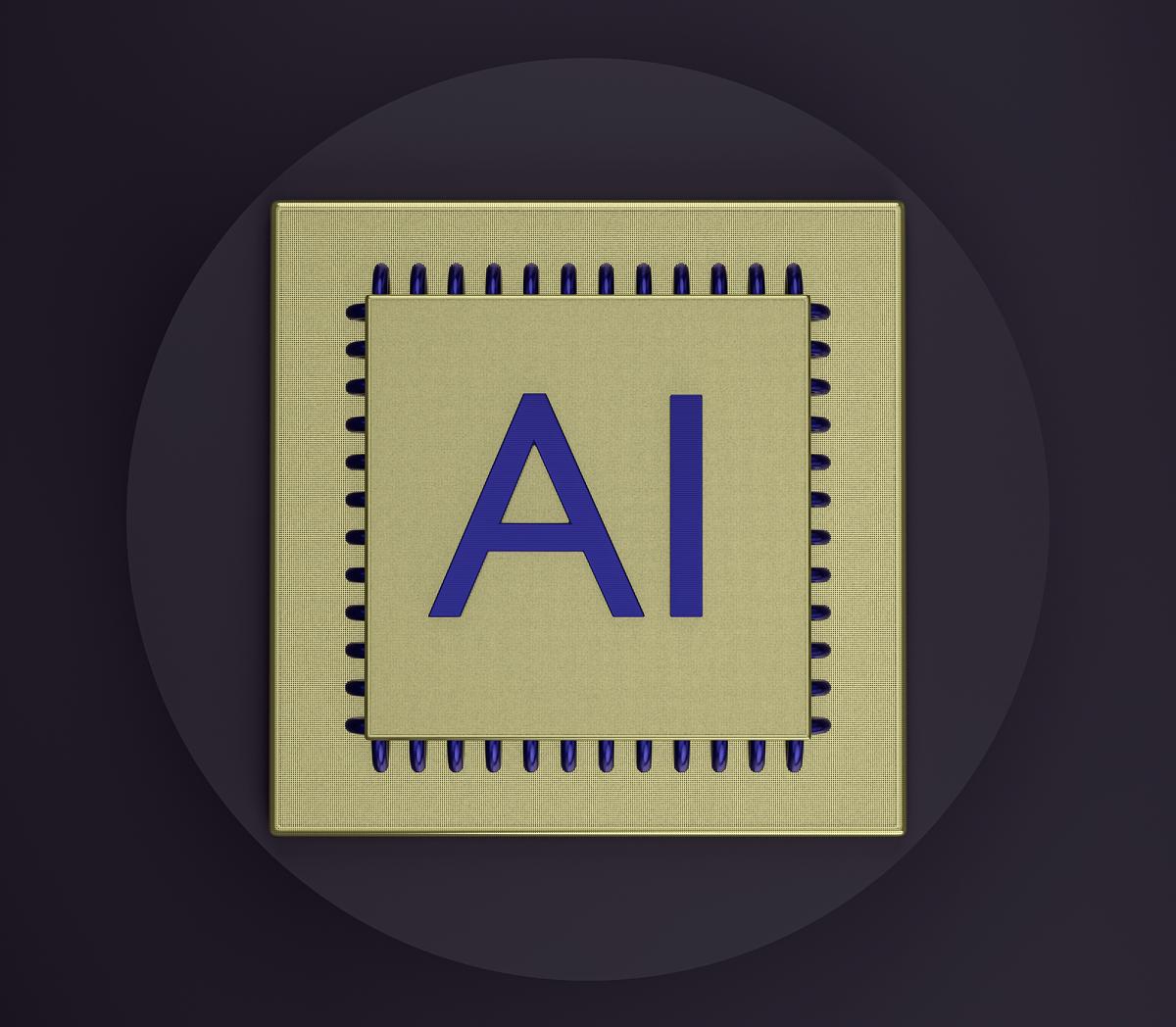As the digital landscape continues to grow at an unprecedented rate, driving innovative conversations and strategies is Artificial Intelligence (AI). Its influence stretches across various industries, with content creation becoming a prominent arena for its application. Grasping the power of AI and understanding its role in content creation has become inevitable. From enhancing efficiency to introducing data-driven creativity, AI’s capabilities are reshaping the way we perceive, create, and interact with digital media. However, as with any technological advancement, the journey isn’t without challenges. This exploration into AI’s role and relevance in content creation will delve into its benefits, potential drawbacks, evolving technologies, and the future AI holds for content marketing. It aims to empower readers with a comprehensive understanding and prepares them to stride confidently towards an AI-influenced future.
Understanding Artificial Intelligence in Content Creation
Understanding Artificial Intelligence in Content Creation
Artificial Intelligence (AI) is a technological advancement that simulates human intelligence processes by machines, particularly computer systems. It’s programmed to think like a human and mimic their actions. The term may also be applied to any machine that exhibits traits associated with a human mind such as learning and problem-solving. When it comes to content creation, artificial intelligence applications are designed to assist, improve, and streamline the process of producing digital content.
Current Applications of AI in Content Creation
AI has numerous applications in content creation. Some of its most prominent uses include copywriting, content editing, and transforming databases into meaningful stories. Highly sophisticated AI algorithms can now generate comprehensive and meaningful written content, which includes reports, articles, and news items.
Copywriting is one of the most common applications of AI in content creation. Tools such as Articoolo and Wordsmith allow for the generation of content that is nearly indistinguishable from human-written text.
Content editing is another area where AI shines. Programs and platforms such as Grammarly and Hemingway use AI to provide real-time grammar, syntax, and style checking, helping writers improve their content.
Finally, AI also has the ability to convert databases into meaningful narratives. A tool called Automated Insights’ Wordsmith can transform structured data into written content. This means that companies can convert their data into readable reports, making it easier to digest and understand.
Examples of AI Tools for Content Creation
Several AI tools are already being used in the content creation industry. GPT-3, developed by OpenAI, is one example of a powerful AI text generator. It uses machine learning to produce human-like text based on the input it receives.
Articoolo and Wordsmith, as mentioned, are AI copywriting tools that can generate human-like text. These tools can produce articles, blog posts, and other written content quickly and efficiently.
There are also AI tools designed for graphic design and video editing, such as DeepArt and Lumen5. DeepArt can turn an image into a work of art in the style of any famous painter, while Lumen5 can convert articles into engaging video content.
Artificial Intelligence: The Next Frontier in Content Creation
The future of content creation is being reshaped by the constant strides in artificial intelligence technology. As AI algorithms evolve, they not only hone their capability to generate premium-grade content but do so with much more efficiency. This doesn’t imply that the role of human content creators will be rendered obsolete. Instead, AI is projected to act as a potent tool that automates the redundant aspects of content creation, leaving strategizing and creativity to human intellect.
Another promising application for AI in the content creation space revolves around personalization. With the help of AI, marketers would be in a better position to develop content specifically catered to individual user preferences, greatly enhancing the engagement and relevance of the content presented.
Furthermore, the proficiency of AI in scrutinizing vast sets of data, predicting trends and consumer behaviours are likely to be leveraged in the planning and creation of strategic content. This reliance on AI-generated insights is set to become a vital part of the content creation process.
Conclusively, the utilization of AI in content creation is anticipated to offer an unprecedented level of automation and personalization, thereby transforming the way marketers convey engaging and personalized content to their consumers.

The Advantages and Challenges of AI in Content Creation
Captivating Future Prospects: AI in Content Creation
Content creation is experiencing a transformative era, thanks to the myriad of advantages Artificial Intelligence (AI) offers. The most prominent among these benefits is heightened efficiency. The advent of AI in the field has enabled businesses to streamline their content generation process immensely, subsequently allocating more time for content creators to venture into other critical areas. Also, AI’s capacity to dissect intricate data to recognize prevalent trends and topics plays a crucial role in formulating future content strategies.
In addition, AI has introduced a data-driven approach for infusing creativity into content. By exploring data obtained from various sources, AI identifies trending patterns or popular themes to drive the creation of relevant and engaging content. This not only expands the pool of topics discussed but also ensures the content is diverse, catering to a larger audience base.
Personalization is another feature where AI truly shines. By learning from individuals’ behaviours and inclinations, AI has the capacity to design tailor-made content for each user. This level of uniqueness not only fosters higher engagement but also enhances the consumer’s overall experience.
The Challenges of AI in Content Creation
Despite the numerous advantages, there are also challenges to integrating AI in content creation. A key concern is job displacement. As AI continues to grow and become more capable, there are fears that it could replace human content creators. While this is an understandable concern, it’s important to note that AI is a tool to assist rather than replace humans. AI can handle repetitive or menial tasks while human creators can focus on more complex, creative aspects of content creation.
Another challenge is dependency on technology. Although AI has made content creation easier and more efficient, over-reliance on this technology could lead to a loss of human skills. This could result in a shortage of professionals able to create high-quality content without the use of AI.
Finally, there is the concern of a lack of human touch in AI-generated content. While AI can help create content more efficiently, it does not have the capability to completely replicate human emotion and nuance. This could lead to content that, while accurate, lacks the personal touch and emotional connection that human content creators can provide.
Despite the obstacles, the employment of artificial intelligence in the field of content creation is surging forward at an impressive rate. Many believe that the upsides of AI are worth tackling the challenges it presents. As we continue to refine and develop this technology, we will discover strategies to counteract these difficulties, maximizing the outstanding potential AI holds in reshaping content creation.

Evolving AI Technologies in Content Production
AI’s Significant Impact on Content Creation
Artificial intelligence has created a substantial impact in various industries in recent years, particularly within the sphere of content creation. As an indispensable asset for content creators, AI empowers them to generate, revise, and fine-tune content at a speed and efficiency that surpass traditional manual methods.
AI-driven tools boast the capability of analyzing expansive data sets in mere seconds, identifying patterns and trends, and subsequently generating substantial recommendations for content creation. This technology encompasses a plethora of content forms, ranging from written articles and blog posts, to visual content like videos and images, and even extends to interactive content types.
Recent Advancements in AI for Content Production
Several advancements in AI technology have reshaped the content creation landscape. For instance, natural language generation (NLG) tech can instantly create well-structured, readable text content. Machine learning algorithms also assist in content optimization by analyzing user behavior and preferences for more personalized content.
Companies like OpenAI have created AI platforms like GPT-3, known for generating human-like text. This tool can write articles, generate conversational agents, aid in translation and tutoring, and even compose poetry. Its versatile application in content creation showcases how far AI technology has come.
Case Study: AI Technologies in Businesses
One organization that leverages AI for content creation is The Washington Post. They use AI robots to cover news that doesn’t require human interpretation. Their AI program, Heliograf, has written short reports on sports, elections, and other data-focused news pieces, freeing up their journalists for more intricate stories.
Netflix is another example. It uses AI to personalize recommendations for each viewer, optimizing their viewing experience. The streaming giant also uses AI technologies to optimize their promotional posters based on user behavior and preferences.
The Future of AI in Content Creation
The future of AI in content creation seems promising. One likely trend is the increased use of AI in video content creation. Tools are being developed that can analyze video scripts, generate storyboards, and even create animations. This will greatly reduce time and resources required in traditional video production.
Another probable direction is the rise of AI in creating interactive content. Machine learning algorithms can learn from user responses and alter the path of interactive stories.
Moreover, AI algorithms will continue to evolve and provide increasingly accurate and personalized content, based on individual user data and preferences. This will enable content creators to build stronger connections with their audiences and increase user engagement.
However, despite these significant advancements, AI is unlikely to fully replace human content creators. While AI can analyze data and follow patterns, it lacks the human touch and emotional understanding crucial to engaging content. Therefore, the ideal content creation process in the future may involve human creators working in tandem with AI tools.
Wrap Up Thoughts
Artificial Intelligence (AI) has substantial potential in the realm of content creation, ranging from producing written articles to formulating videos. Given the advancements in technology, AI is evolving from being just a handy gadget to becoming an indispensable collaborator. Firmly entrenched in the future of content creation, AI not only complements human creativity and insight but also offers unmatched efficiency in processing data.

The Effect of AI on Content Marketing
The Effect of AI on Content Distribution and Management
The remarkable data analysis and predictive capacity of AI is causing seismic shifts in the way content is distributed and managed. AI can effortlessly handle, classify, and organize incredible volumes of varied content, providing marketers with easier access and making distribution less challenging.
In addition, AI tools are capable of discerning not only when but also where a specific content piece is most effectively distributed. These tools diligently analyze user behaviors, ascertain the ideal time and platform to distribute content, thus enhancing its reach and engagement.
In the context of content management, AI illustrates its game-changing abilities. With automated scheduling systems, the need for painstaking manual oversight is eliminated. This ensures strategically timed content publication. Further, these systems can also appraise the performance of each content piece and make strategy alterations based on real-time data, helping to move beyond solely retrospective assessments.
Elevating Content Personalization through AI
Personalization is a major trend in content marketing, and AI is setting new standards in this field. By using machine learning algorithms, AI can analyze user behavior to understand their preferences, interests, and habits. This information can be used to tailor content to the individual user. For instance, AI systems can create personalized emails or recommend articles, products, or services based on individual preferences.
As a result, customers receive personalized, relevant content that resonates with their interests and needs, increasing conversion rates and customer engagement. This level of personalization can also influence brand loyalty, as tailored content often results in improved customer satisfaction.
SEO Optimization Leveraging AI
AI is changing SEO optimization in several key ways. Firstly, the increased utilization of voice search has required AI solutions to understand and respond to spoken language, a skill that can significantly impact SEO.
Natural Language Processing (NLP), a subset of AI, can help optimize content for voice search by ensuring it responds effectively to conversational keywords. This can give businesses a competitive edge in search engine rankings.
AI can also use predictive analysis to identify upcoming trends, helping businesses to create content that will be highly relevant in the future. By investigating behavioral data and patterns, AI tools can provide insights into future search initiatives, keeping your content ahead of the curve.
Conversion Rate Optimization and AI
AI can significantly contribute to Conversion Rate Optimization (CRO) by personalizing content and interfaces, predicting user behavior and preferences, and optimizing user experience.
AI-powered chatbots can guide customers through the sales funnel by interacting in real-time, recommending products, answering queries, or even closing transactions. Using AI for A/B testing can also lead to more accurate results, optimizing website design and content placement.
Moreover, AI can leverage analytics to understand which content formats, lengths, and themes are most effective in converting users, and allow marketers to adjust their strategy accordingly.
Summary
Artificial Intelligence (AI) is poised to be a transformative force in the field of content creation. With its potent capabilities in enhancing content distribution, personalization, SEO optimization, and management, AI can potentially revolutionize the strategies that businesses employ for content marketing, thus changing the commercial landscape altogether.

Preparing for the AI-driven Content Creation Future
In numerous arenas, Artificial Intelligence (AI) has emerged as a significant game-changing factor, particularly in content production. The use of AI in content generation utilizes machine learning, natural language processing, and data analytics to produce various content forms with minimal human oversight. It enables the creation of articles, blogs, news reports, and even social media posts and excels in facilitating multilingual content production, customized content suggestions, and SEO optimization.
Humans working in AI-dominated industries need to adapt by cultivating different skills. Some of the essential talents include data literacy, AI programming, and analytical thinking.
Understanding and interpreting data is necessary since content creation will rely increasingly on data-driven insights. Therefore, data literacy, the ability to read, understand, create, and communicate data as information, becomes essential.
AI programming skills pertain to understanding how AI works, its potential uses, and its limitations. Even though AI will be doing much of the content creating, humans will need to master the AI tools and platforms, to get the most out of them.
Analytical thinking is necessary as it will enable content creators to critically evaluate AI-produced content and make necessary adjustments to ensure that it aligns with the desired quality and relevance.
Businesses that operate in the content creation industry can benefit significantly from strategically adopting AI. Firstly, companies must identify areas that AI can improve efficiency and productivity—for instance, automated content curation for personalized experiences, rapid content translation for multilingual reach, or content generation for expansive coverage. Embracing AI-based tools like Chatbots can also enhance audience engagement, as they can provide instant, round-the-clock, personalized responses.
Importantly, the adoption of AI in content creation comes with its ethical considerations that businesses should not overlook. Some of these ethical aspects include issues of accuracy and reliability, privacy implications, and potential loss of jobs.
AI algorithms can sometimes produce errors in their content, especially when they lack sufficient context. Ensuring the accuracy and reliability of the produced content is thus critical. It’s essential for creators to regularly review AI-automated content for errors or misinformation, which can quickly erode audience trust if not rectified.
Privacy issues are paramount when working with AI. Businesses should ensure that their use of AI platforms complies with privacy laws, especially when personalizing content based on user data.
Lastly, there is a concern around job displacement as AI becomes more prevalent. Companies should strive for a balance, leveraging AI to automate repetitive tasks but ensuring they retrain and reposition their human workforce to roles requiring more creativity, oversight, and strategy.
Long-term success in AI-driven content creation will come from an understanding of the technology, its ethical implications, its strategic implementation in businesses, and the necessary skill set to leverage it effectively. Looking ahead, AI’s impact on content creation will continue to evolve, bringing both challenges and opportunities for those prepared to adapt.

In an era enthralled by technology, AI continues to push the boundaries, bringing infinite possibilities to the world of content creation. Its transformative power has the potential to bring unparalleled efficiency, precision, and personalized interactions, fundamentally changing the content creation landscape. However, navigating this AI-driven future necessitates an understanding of not just its advantages, but also the pragmatic challenges and ethical dilemmas it presents. As we stand on the cusp of an AI revolution in content creation, we must equip ourselves with the required skills, strategic plans, and ethical considerations, so we can fully realize, and responsibly wield the potential of this groundbreaking technology. Thus, whether you’re a content creator, business, or curious observer, AI’s role in content creation is undeniably a topic of immense relevance, vital for crafting our digital future.